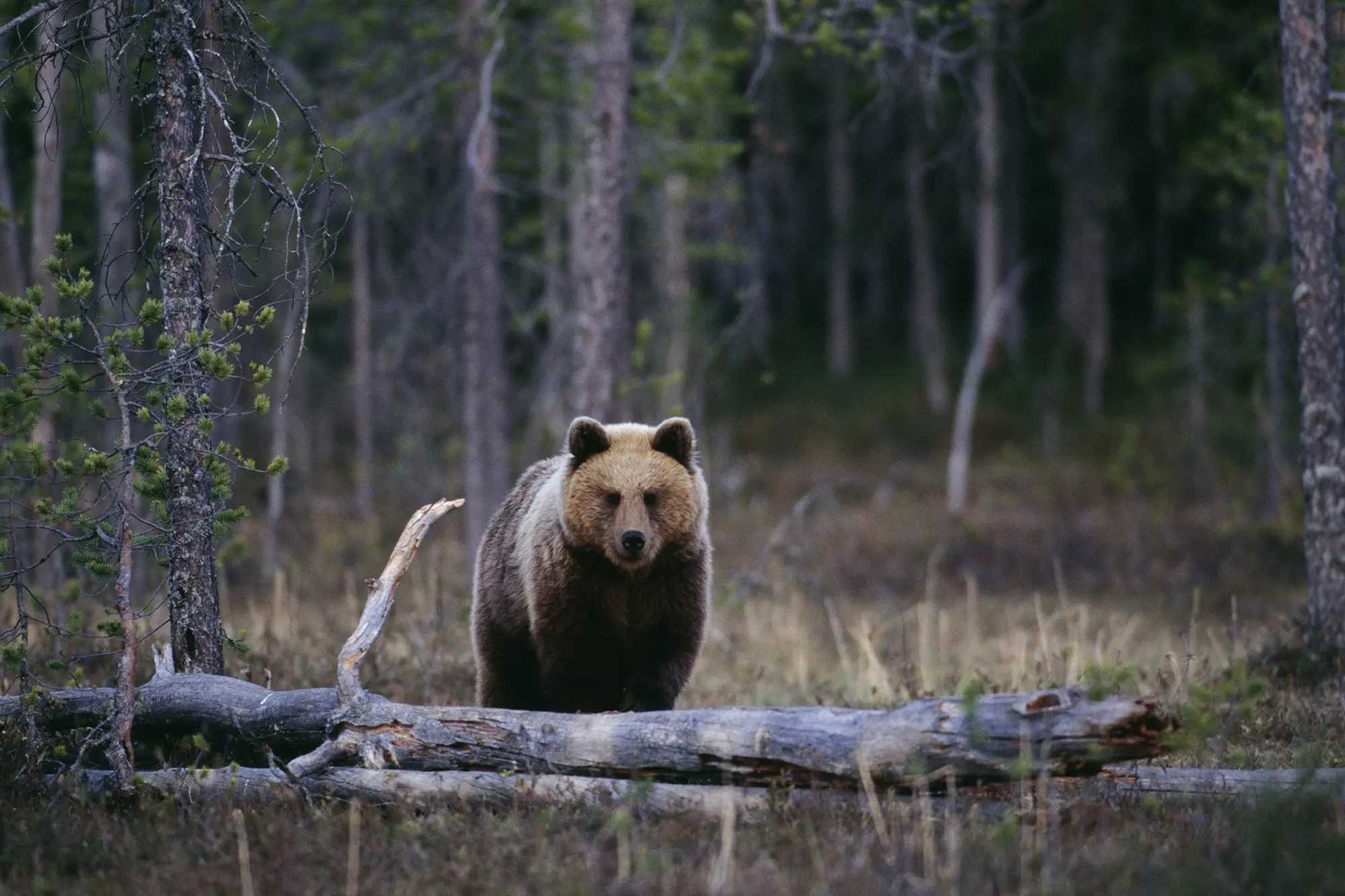Human-bear interactions are becoming increasingly common in Georgia, as expanding human populations and bear habitats continue to overlap. These encounters, while often startling for residents, highlight the need for greater awareness and effective management strategies to ensure the safety and coexistence of both humans and bears.
Georgia’s black bear population, primarily concentrated in the northern mountains, central regions, and Okefenokee Swamp in the south, has been growing. As urban development encroaches on their natural habitats, bears are more frequently venturing into residential areas in search of food. This can lead to sightings in backyards, neighborhoods, and even city outskirts, where bears scavenge for easily accessible food sources like garbage, pet food, and bird feeders.
The Georgia Department of Natural Resources (DNR) has been actively monitoring these interactions and educating the public on how to minimize conflicts. They recommend secure trash bins, removing bird feeders during active bear seasons, and not leaving pet food outdoors. Additionally, residents are urged to report bear sightings to local wildlife authorities to help track bear movements and behaviors.
Despite their generally non-aggressive nature, bears can pose risks if they feel threatened or are attracted to food sources. The DNR emphasizes the importance of not approaching or feeding bears, as habituation can lead to increased risks for both bears and humans. Education campaigns are crucial in teaching residents how to safely coexist with these wild animals.
Local communities are also getting involved by participating in bear-aware programs and implementing neighborhood watch systems specifically for wildlife. These initiatives foster a sense of shared responsibility and encourage proactive measures to reduce human-bear conflicts.
Read More News:
- Wing and a Prayer: Diners Beware of Sanitary Violations at Local Eatery
- Local Republican Calls for National Unity in Grief
As human-bear interactions become more common, it is essential for Georgians to adopt practices that promote peaceful coexistence. Understanding bear behavior and taking preventive steps can significantly reduce the likelihood of encounters and ensure that both humans and bears thrive in their shared environment.
Reference Article:

